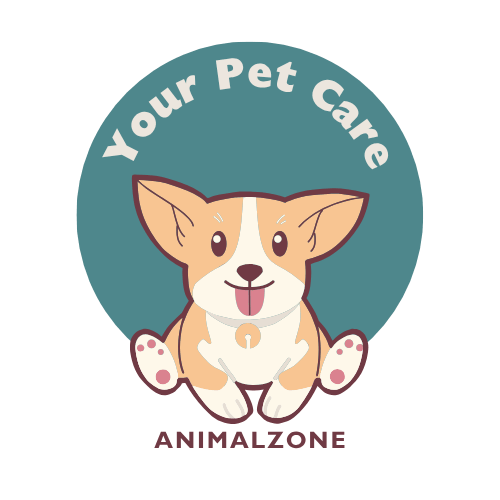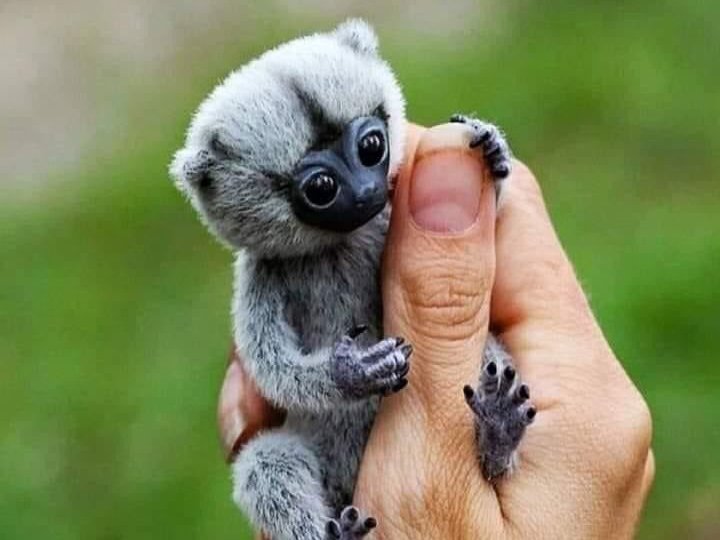Hybrid animals — the result of crossing two different species or subspecies — often generate curiosity, awe, and even desire among pet enthusiasts. From wolf-dogs to savannah cats, these animals promise the mystique of the wild with the manageability of domestic companions. But before you consider bringing one home, it’s critical to understand the truth: hybrid animals rarely make good pets.
This article explores why hybrid animals are difficult to care for, the risks they pose, and why their popularity should be approached with caution.
What Are Hybrid Animals?
Hybrid animals are born from the mating of two different species or subspecies, such as:
-
Wolf-dogs (wolf × domestic dog)
-
Savannah cats (African serval × domestic cat)
-
Bengal cats (Asian leopard cat × domestic cat)
-
Zorse (zebra × horse)
-
Liger (lion × tiger)
While some of these hybrids occur in captivity or as a result of selective breeding, they rarely exist in the wild due to natural barriers like behavioral differences or geographic separation.
The Appeal and the Reality
Many people are drawn to hybrid animals for their exotic appearance, unique behavior, or perceived intelligence. Social media and viral videos often glamorize them. However, these portrayals rarely show the full picture of what it means to care for a hybrid pet in real life.
The reality is that hybrid animals frequently exhibit wild instincts, unpredictable behavior, and significant care requirements far beyond those of typical domestic pets.

Reasons Hybrid Animals Don’t Make Good Pets
1. Unpredictable Behavior
Hybrids inherit traits from both parent species, but there’s no guarantee which traits will dominate. A wolf-dog, for example, may behave like a domestic dog one day and a wild wolf the next. This makes training, bonding, and even safety difficult to manage.
2. Specialized Care Requirements
Many hybrids have unique nutritional, environmental, and medical needs that average pet owners cannot meet. Savannah cats may require large spaces to roam, climbing structures, and raw diets, while wolf-dogs often need secure enclosures and pack dynamics to feel stable.
3. Legal Restrictions
Many regions restrict or ban the ownership of hybrid animals due to safety and conservation concerns. Owners may need special permits or face having their animals confiscated if laws are violated.
4. Threat to Public Safety
Because of their wild instincts, hybrids can be dangerous, especially around children, other pets, or strangers. Their behavior can be unpredictable even when raised from birth by humans.
5. Ethical and Welfare Issues
Breeding hybrids often involves removing cubs or kits from their mothers prematurely, leading to poor socialization. The animals may never feel truly “at home” in a domestic setting or in the wild. Many hybrids end up surrendered to shelters or wildlife sanctuaries when owners realize they’re unmanageable.
A Better Path: Adopt or Support Conservation
Rather than seeking a hybrid animal for novelty, consider adopting a domesticated pet that fits your lifestyle. If you’re drawn to wild animals, support ethical wildlife conservation programs or volunteer at licensed sanctuaries where you can admire and help these animals without putting yourself — or them — at risk.
Final Thoughts
Why hybrid animals don’t make good pets boils down to this: they are not truly wild, but they are not fully domesticated either. They exist in a gray area that often results in compromised welfare, risk to humans, and legal challenges. While they may look fascinating, these animals deserve lives suited to their unique biology — not confined to domestic living rooms.
Learn More
For more information on exotic and hybrid animal laws and welfare, visit the zoopiahub.com

